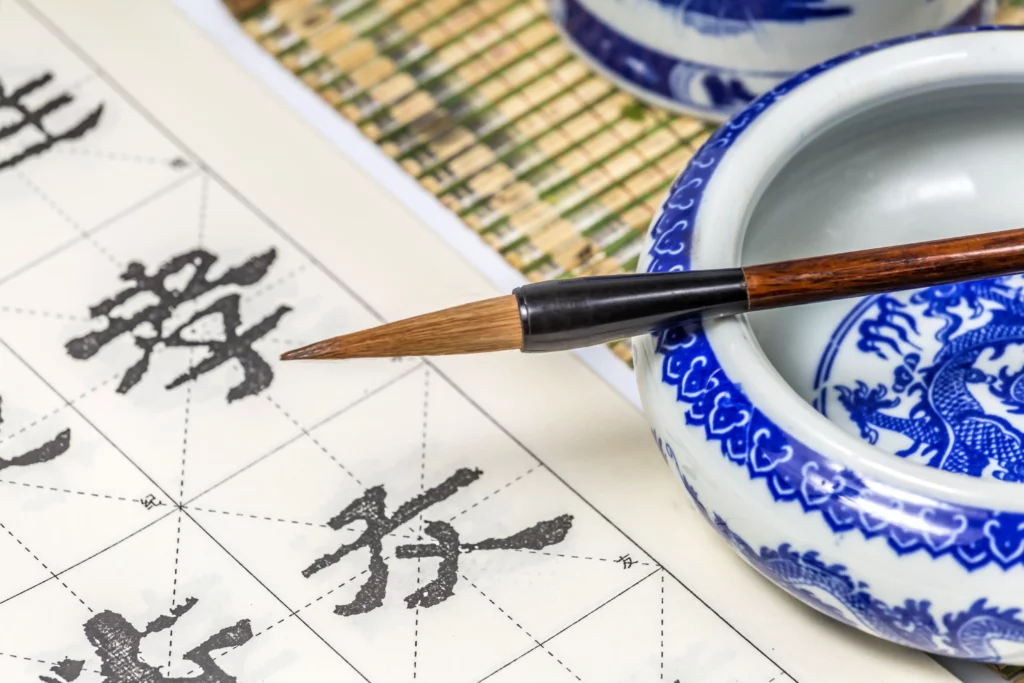Translating Sensitive Content into Chinese requires more than just language skills. It demands cultural accuracy, political awareness, and subject-matter expertise. When Translating Sensitive Content, these skills are essential to avoid costly mistakes.
- What Are the Cultural Sensitivities in Chinese Translation?
- What Are the Legal and Business Implications of Mistranslation?
- What Sensitive Topics Should Be Avoided in Chinese Translation?
- How Can Translators Avoid Mistranslation of Restricted Terms?
- What Challenges Arise in Medical and Health-Related Translation?
- Strategies Help in Handling Sensitive Topics
- How Can Translators Maintain Neutrality and Objectivity?
- What Are the Ethical Considerations in Chinese Translation?
- What Is the Responsibility of Translators When Handling Sensitive Topics?
What Are the Cultural Sensitivities in Chinese Translation?

Certain topics—like politics, history, or social issues—carry different implications in Chinese than in Western languages. For instance, discussing Taiwan, Hong Kong, or Tibet requires extreme caution. A 2022 study from the China Media Research Center found that over 60% of translation errors in these areas stem from cultural misunderstandings rather than linguistic ones.
The use of neutral phrasing or official terminology can help maintain professionalism and prevent backlash. For example, while Western audiences might use “Taiwan” in an independent context, official Chinese translations often specify “Taiwan, China” (中国台湾) to align with political sensitivities. Similarly, the term “cultural revolution” (文化大革命) carries a vastly different connotation in China compared to how it is perceived in Western academic circles.
Legal and Business Risks of Mistranslating Sensitive Content ?

Legal translation presents its own set of challenges. Many Chinese legal documents include terms that have no direct English equivalent. For example, “人民共和国宣告” (People’s Republic of China Proclamation) may carry a tone of state authority unfamiliar to Western audiences. A mistranslation could impact international agreements, trade deals, or even diplomatic relations.
In business settings, precision is critical. Concepts like “废法媒介” (illegally obtained evidence) require careful adaptation to align with legal frameworks in both China and the target country. Contractual language must be legally sound while also culturally appropriate, as differing legal systems can create complications if not translated with exacting attention to detail.
What Sensitive Topics Should Be Avoided in Chinese Translation?
Certain politically charged subjects fall into the realm of Translating Sensitive Content that must be avoided or approached with extreme caution. These include Taiwan’s independence, Hong Kong protests, Tibet’s autonomy, and human rights discussions, as these can be censored or lead to legal consequences. Additionally, religious matters, government policies, and references to events such as the Tiananmen Square incident (天安门事件) can trigger sensitivities if mishandled.
How Can Translators Avoid Mistranslation of Restricted Terms?
Translators working on government-related texts must follow China’s evolving regulations. For example, phrases like “明帝年间” (Ming Dynasty era) may seem neutral but can carry modern political implications depending on the context. The Chinese government frequently updates its list of restricted terms, making it crucial for translators to stay informed.
In journalism, mistranslation can lead to censorship or content removal. Social media platforms operating in China often employ strict keyword filtering, and content that is deemed politically sensitive can be automatically flagged or taken down. Translators working in media or academia must carefully navigate terms such as “democracy” (民主), “human rights” (人权), and “freedom of speech” (言论自由) to avoid misrepresentation or unintended censorship.
What Challenges Arise in Medical and Health-Related Translation?

Medical translation also presents challenges, especially when dealing with Traditional Chinese Medicine (TCM). Terms like “水土不服” (water and earth disharmony) must be carefully explained to a Western audience unfamiliar with TCM concepts. A study from the Beijing University of Chinese Medicine found that 45% of TCM translations required additional footnotes or annotations to ensure accurate understanding.
Beyond terminology, ethical considerations arise in translating medical texts, particularly regarding public health messaging. The translation of information related to pandemics, vaccines, or traditional remedies must be accurate, as mistranslations can lead to misinformation or public panic. To support consistency and reliability, resources like the World Health Organization’s multilingual guidelines
provide a trusted framework for Translating Sensitive Content in medical and health contexts.
Strategies Help in Handling Sensitive Topics
One of the best ways to navigate sensitive translations is consulting with native professionals. Legal experts, historians, and cultural advisors can provide essential insights. For example, when translating terms related to China’s economic policies, collaboration with economists ensures terminology remains accurate and appropriate. In medical translation, working with healthcare professionals can prevent errors that might otherwise have life-or-death consequences.
Additionally, localization specialists play a crucial role in adapting sensitive texts for different markets. A direct translation may not always be suitable—sometimes, rephrasing or restructuring the message to fit cultural expectations is necessary. This is especially true in marketing and advertising, where certain slogans or idioms might carry unintended meanings in different languages.
How Can Translators Maintain Neutrality and Objectivity?
Neutrality is key in Translating Sensitive Content that involves politically charged issues. Using official sources like the Xinhua News Agency for terminology ensures compliance with governmental standards. In cases where neutrality is impossible, paraphrasing or omitting certain phrases may be necessary to prevent miscommunication.
What Are the Ethical Considerations in Chinese Translation?
Ethical responsibility is central to Translating Sensitive Content. Misrepresentation of facts due to poor translation can have far-reaching consequences, influencing international perceptions and policy decisions. To uphold standards, many professional translators follow codes of conduct from organizations such as the American Translators Association (ATA) or the International Federation of Translators (FIT).
To uphold ethical standards, many professional translators adhere to codes of conduct established by organizations like the American Translators Association (ATA) or the International Federation of Translators (FIT). These guidelines emphasize accuracy, confidentiality, and cultural sensitivity.
What Is the Responsibility of Translators When Handling Sensitive Topics?
Handling Translating Sensitive Content requires more than linguistic ability—it demands cultural awareness, legal knowledge, and adaptability. Whether it’s legal contracts, medical texts, or political discourse, professionals must consult experts and stay updated on evolving linguistic norms.
In today’s interconnected world, Translating Sensitive Content plays a vital role in fostering cross-cultural understanding and international cooperation. A skilled translator must not only master technical language but also grasp the political, social, and historical contexts shaping discourse.
By handling Translating Sensitive Content with care, professionals ensure complex topics are communicated with accuracy, respect, and integrity. Navigating restricted terminology can be challenging, but you don’t have to do it alone.
Our team understands the importance of Translating Sensitive Content accurately and sensitively. We’re ready to provide expert guidance and ensure your content resonates with your intended audience.
Ready to get started? Contact us today to discuss your project and see how our expertise in Translating Sensitive Content can help you achieve accuracy, compliance, and peace of mind.
High-Stakes Chinese Translation: 8 Types of Documents That Are Risky to Translate
Top 7 Expert Tips to Translate a Chinese Hukou Document for Immigration
